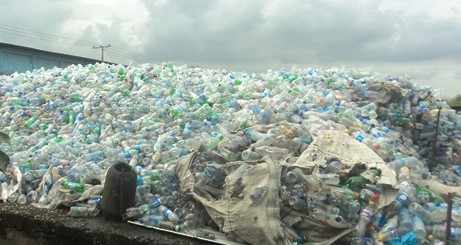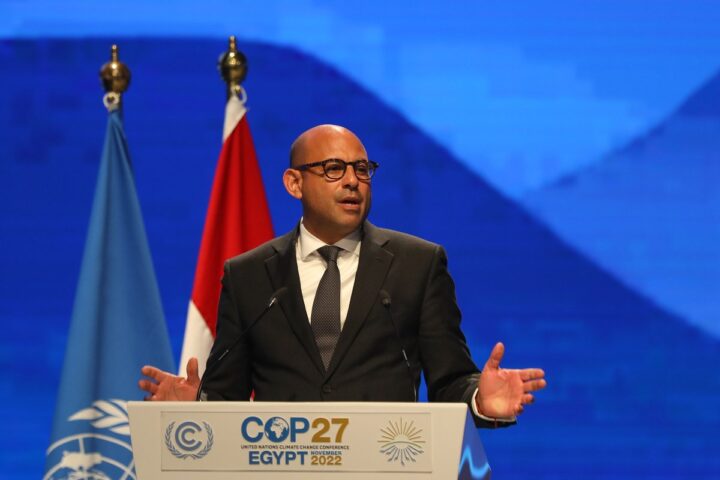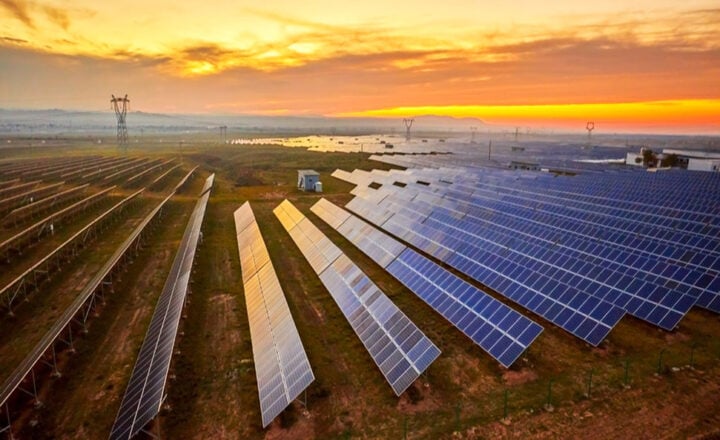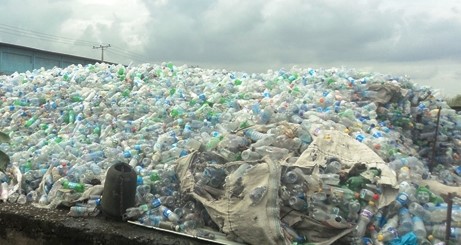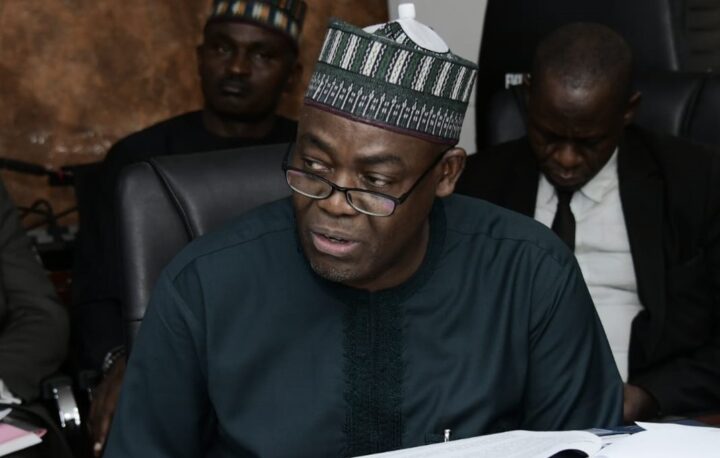Despite directly impacting our communities, health, and livelihood, climate-related reports usually take a back seat to dominant news beats like politics and business. Climate Watch aims to ensure you never miss important stories on climate change and actions being taken toward limiting its impact.
Here is a round-up of last week’s climate stories:
- Corporate Accountability and Public Participation Africa (CAPPA), on May 30, encouraged President Bola Tinubu to promote the use of sustainable energy sources in the country. CAPPA urged Tinubu to prioritise green energy policies, adding that this would reduce Nigeria’s reliance on fossil fuels. Read more here.
- According to a report by Nature Sustainability, Nigeria and India have increased exposure to extreme heat due to warming and are at the greatest future risk. The report said that high temperatures have been linked to increased mortality, decreased labour productivity, and other eventualities. The report added that the climate policy commitments of these countries will play a major role in determining global warming by the end of the century. Find out more here.
- Ahead of World Environmental Day, the Abuja Environmental Protection Board (AEPB) said it was committed to achieving 30 percent waste reduction in the FCT. Osilama Braimah, the board’s director, said provisions have been made for waste transfer stations in some areas within the FCT. Braimah also said the board was making plans to ensure that polluted water was not discharged into the environment, adding that it has provided small waste treatment plants for about 20,000 people.
- Similarly, the Nigerian Conservation Foundation (NCF) said that it was willing to provide practical solutions to protect the environment, limit the volume of plastics going into landfills, as well as promote environmental education among young people. Oladapo Soneye, NCF communication manager, said activities such as recycling help to drastically reduce plastic pollution, adding that some schools in Lagos state would be adopted for the school recycling initiative.
- Meanwhile, the International Centre for Environmental Health and Development (ICEHD), last week, trained 100 women farmers on climate-smart agricultural practices in Ikorodu, Lagos state. Mercy Joshua, the programme manager, said the aim of the training was to improve farm productivity, increase food quality and security, as well as equip the farmers to tackle the challenges of climate change.
Advertisement
Add a comment
